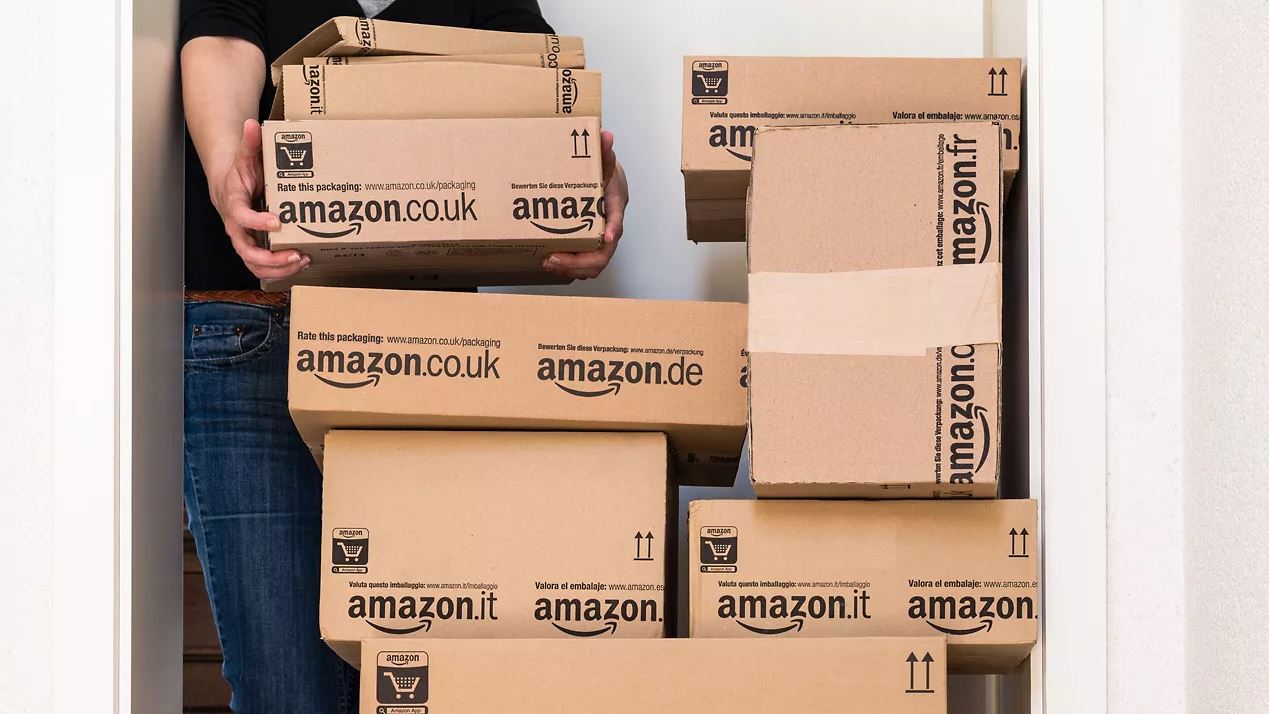With countries across the globe wrestling to keep inflation under control and shouts of recession growing louder, most businesses will be wringing their hands. But perhaps less so Amazon.
Data provided to TechRadar Pro by digital intelligence platform SimilarWeb (opens in new tab) shows the ecommerce titan continues to go from strength to strength, despite the gloomy economic outlook and the fall in the amount of disposable income in circulation.
Last month (July 2022), US web traffic to Amazon.com rose by 10% off the back of this year’s Prime Day. A spike in traffic is expected during sale periods, granted, but the latest bump was greater than in each of the two previous years (6.3% and 7.5%, respectively).
In 2020 and 2021, the pockets of consumers were also lined with pandemic stimulus and additional cash that would otherwise have been spent on the commute, and lockdowns left people with little else to do but shop online. And yet, Amazon is on track for an equally strong online sales performance this year, in spite of the pressure on its margins and projected slowdown in consumer spending.
Inflation, what inflation?
In times of high inflation, the appetite for spending among consumers typically falls off a cliff, due to both the increase in the cost of goods and anti-inflationary measures put in place by central banks that affect the cost of mortgage repayments and other loans.
In the UK, inflation is currently sitting at more than 10%, the highest it’s been in four decades – and the picture in the US isn’t much better either.
However, despite the gravity of the situation, the latest SimilarWeb data shows Amazon has at least to some extent managed to immunize itself against the negative effects of inflation on business custom.
And what’s more, the company is actually getting better at convincing visitors to make a purchase. In 2020, Amazon achieved a conversion rate of 8.8%, but year-to-date this figure is sitting at an impressive 11.6%. In the same timeframe, the conversion rates across retail sites like Ebay, BestBuy and AliExpress have stagnated at under 5%.
The ability for Amazon to thrive in a less favorable economic climate may be down to a number of factors, from its reputation for bargains, to the efficiency of delivery and its push into essential goods with services like Amazon Fresh.
Our best guess, however, is that Amazon has continued to hone its recommendation algorithm, such that visitors are increasingly being shown precisely what they are looking for – and sooner.
This isn’t to say the company won’t face some pain, should the job market take a dive or the cost of living increase further. A drop in the amount of disposable income in circulation is bound to hurt.
However, what’s certain is that the difficulties facing Amazon in the ecommerce market will pale in comparison to those suffered by its competition.





